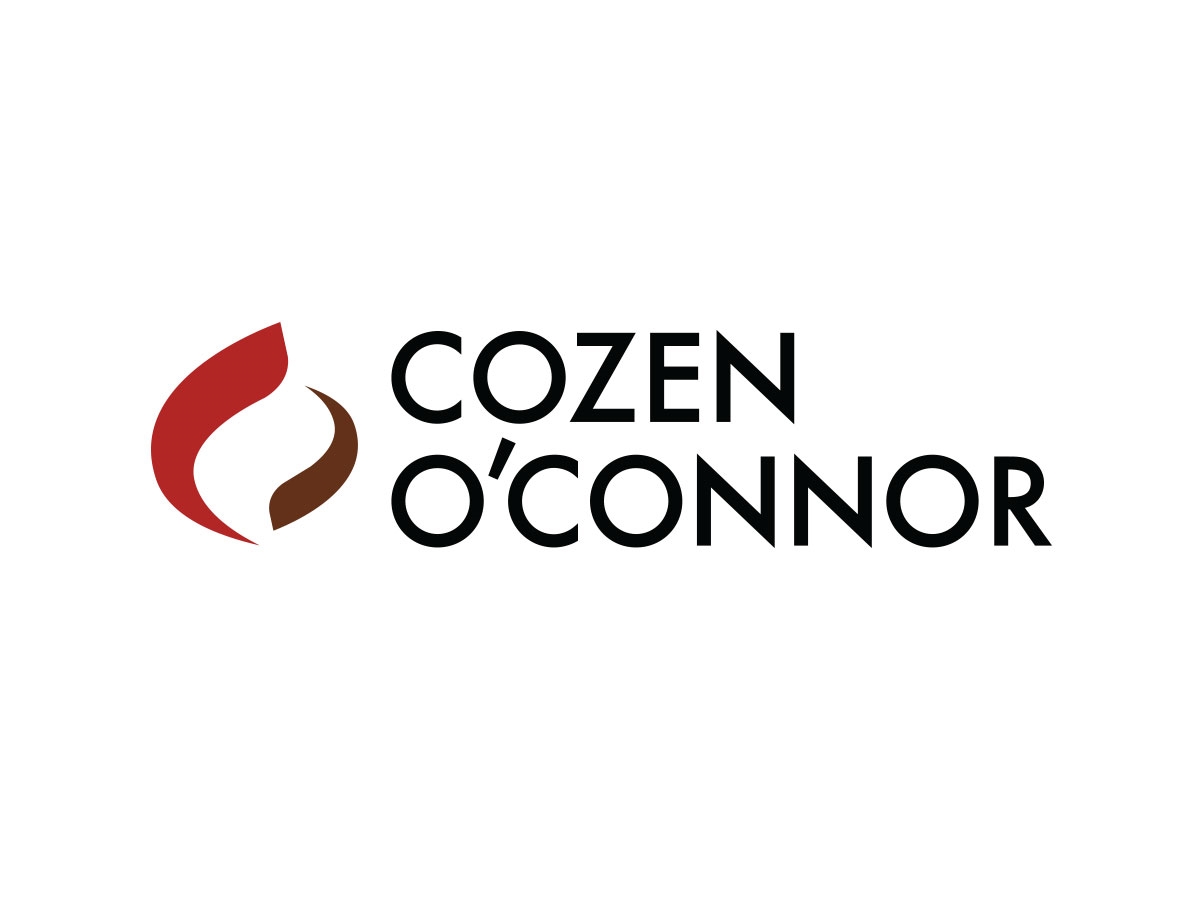The Securities and Exchange Commission (SEC) has released a staff report reviewing the definition of “accredited investor” in Rule 501(a) of Regulation D under the Securities Act of 1933. This review is required every four years by the Dodd-Frank Wall Street Reform and Consumer Protection Act. The SEC previously reviewed the definition in 2015 and 2019, resulting in significant amendments in 2020. While the recent staff report does not recommend any changes to the definition, it does discuss various proposals for amendment and invites public comments.
The definition of accredited investor in Regulation D provides exemptions for offers and sales of securities that do not require registration with the SEC. These exemptions are intended to demonstrate that qualifying investors possess sufficient financial sophistication, rendering the registration process unnecessary. The definition is crucial not only for Regulation D but also for other securities laws, including Regulation Crowdfunding, Regulation A Tier 2 offerings, the Uniform Securities Act of 2002, and the Financial Industry Regulatory Authority Rule 5123.
The staff report analyzes data from filings related to Regulation D exemptions to assess the number of U.S. households that meet the definition of accredited investor and evaluate the adequacy of investor protection in current securities market practices. The report highlights a significant increase in the number of qualifying households over the years, primarily due to the lack of adjustment for inflation in income and net worth thresholds. This raises concerns that inflation and other financial factors may be inflating the accredited investor pool without a corresponding increase in investor sophistication. The report projects that if accredited investor thresholds are not adjusted for inflation, around 30% of U.S. households will qualify as accredited investors by 2032. However, these estimates are limited by factors such as incomplete data on the Regulation D market and the characteristics of the accredited investor pool.
Although the staff report does not make any recommendations, it discusses previous proposals regarding the definition of an accredited investor and seeks further input from the public. It mentions suggestions made in the 2015 and 2019 reviews to index financial thresholds for inflation every four years. The report also considers public comments received during those reviews, as well as insights from the SEC’s Investor Advisory Committee and Small Business Formation Advisory Committee. The SEC encourages public comment on the matters discussed in the staff report.
The full SEC staff report can be accessed here.




Based on the review of the recent SEC review of the accredited investor definition, it is clear that there are several regulations and acts in place to ensure the protection of investors. The inclusion of Regulation Crowdfunding, Regulation A Tier 2 offerings, the Uniform Securities Act of 2002, and the Financial Industry Regulatory Authority Rule 5123 demonstrates the SEC’s commitment to creating a transparent and fair investment environment. This comprehensive approach aims to safeguard the interests of both accredited investors and the general public, promoting trust and confidence in the financial markets.
Based on the review of the recent SEC review of the accredited investor definition, it is clear that there are significant implications for various regulations and offerings in the financial industry. JD Supra Reports provides valuable insights into the changes and their potential impact on Regulation Crowdfunding, Regulation A Tier 2 offerings, the Uniform Securities Act of 2002, and the Financial Industry Regulatory Authority Rule 5123. This report serves as a comprehensive resource for professionals in the industry to understand the evolving landscape and make informed decisions moving forward.